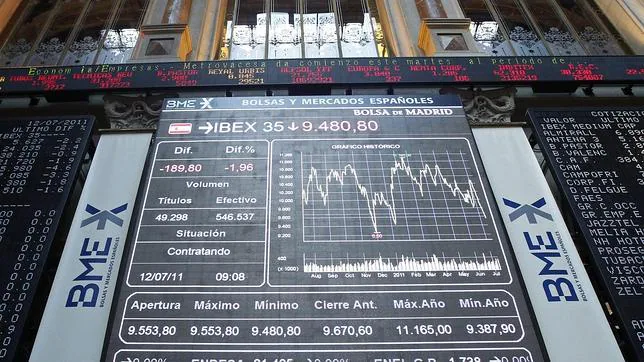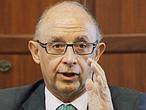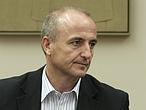
Santosh Verma for The New York Times
People injured in one of the bomb blasts in Mumbai waited for help on Wednesday
MUMBAI, India — Three bomb blasts shook the city of Mumbai at the height of the evening rush hour on Wednesday, killing at least 20 people in what Indian officials called a coordinated terror attack on the country’s economic capital.
Reuters
Policemen surrounded a vehicle which was damaged at the site of a bomb explosion in Mumbai on Wednesday.

The explosions struck central locations in the city, including the crowded Dadar neighborhood; the Zaveri Bazaar, a well-known jewelry market; and near the Opera House, according to India’s Home Ministry, which said 113 people had been injured.
The attack was the first in Mumbai since militants from Pakistan mounted large-scale assaults on hotels, a train station and a Jewish community center in November 2008, killing more than 160 people.
No immediate claim of responsibility for the Wednesday bombings was reported. India’s home minister, P. Chidambaram, said at a news conference in New Delhi that terror investigation teams had been dispatched to the blast sites.
The Opera House blast was the strongest of the three, said Prithviraj Chavan, the chief minister of Maharashtra state, though the precise severity of the blasts was not immediately clear. Indian news accounts described the bombs as improvised explosive devices.
Sidewalks in the Dadar neighborhood were littered with shattered glass as crowds jostled to get into a nearby train station as a rain fell over the shaken city. Television images showed scenes of minor destruction.
Officials said that the device in Dadar appeared to have been hidden in an electrical box near a bus station. “The blast took place at the meter box of electric cabin of the bus stop, as it looks initially,” said Madhukar Sapre, an assistant commissioner of police in the Dadar area. Four people were injured and taken to nearby hospitals.
Another of the devices, at the jewelry market, was hidden in an umbrella, according to Mumbai’s police commissioner.The largest blast, at the Opera House, occurred just before 7 p.m. local time, said Bhavesh Bhansali, a merchant who was leaving his nearby office when he heard a loud blast. Rushing to the site in a narrow but busy street, he described a bloody scene of dead and dismembered bodies. He said he knew several of those killed in the attacks, which he said given the timing and location, were a “very well thought out conspiracy.”
A fourth explosive device was found in Mumbai, but it did not go off. The city remained on high alert as reports of the blasts spread.
The Zaveri Bazaar jewelry market has been bombed at least twice before, including a 2003 bombing that killed at least two dozen. “This is another terrorist attack on Mumbai,” said Mr. Chavan, the chief minister of Maharashtra, the state where Mumbai is located.
The police in Mumbai have been bracing for trouble for months. In December 2010, police said that several men suspected of belonging to the Pakistani terror group Lashkar-e-Taiba entered the country; Indian and American officials say that group carried out the November 2008 attacks,
In February 2010, a bomb explosion at a popular bakery in Pune, a city 100 miles east of Mumbai, killed 17 people and injured 60 people. Indian officials have said that attack was the work of terrorists affiliated with Illyas Kashmiri, a Pakistani militant commander.
Mr. Chavan said the city and state were much better prepared to deal with Wednesday’s blasts than they were during the 2008 attacks. “I have appealed to the people of Mumbai to maintain calm and peace,” he said. “We are all unitedly facing this challenge.”
In a statement, Pakistan swiftly condemned the attack, saying that the country’s leaders “expressed their deepest sympathies to the Indian leadership” on the loss of life in Mumbai. President Obama in a statement called the bombings “outrageous” and said the United States would stand with the Indian people.
Vikas Bajaj reported from Mumbai, India, and J. David Goodman from New York. Lydia Polgreen contributed reporting from New Delhi.















